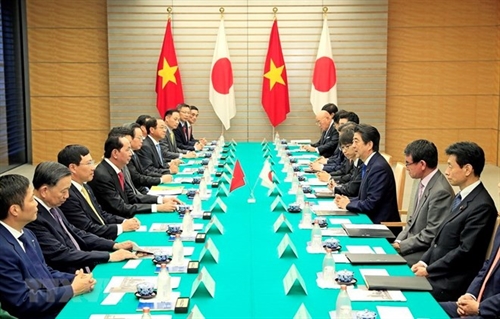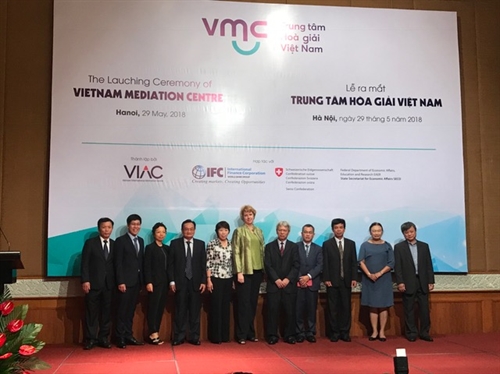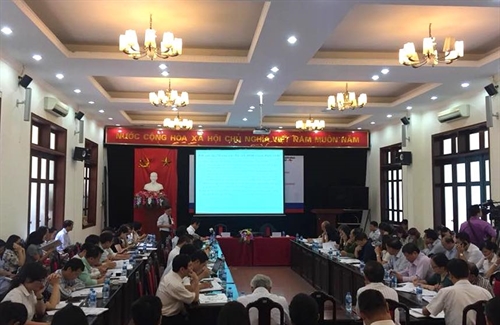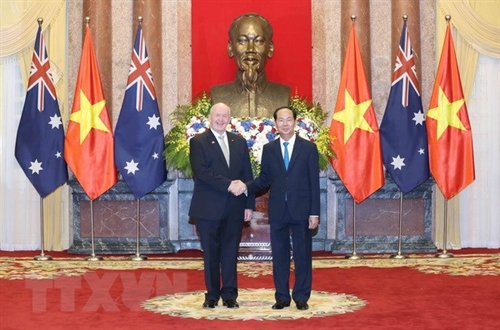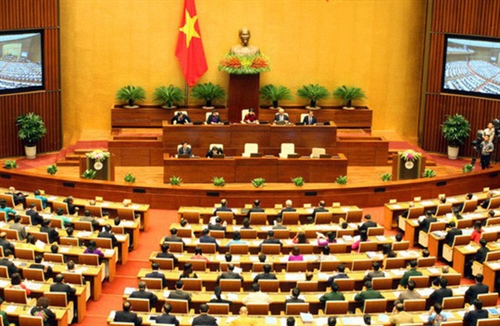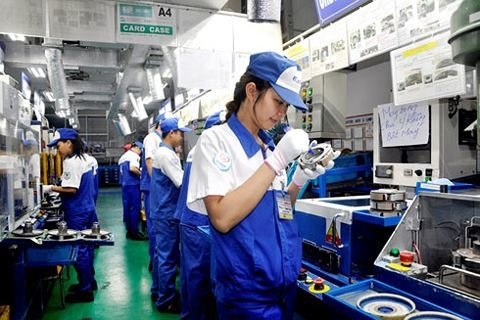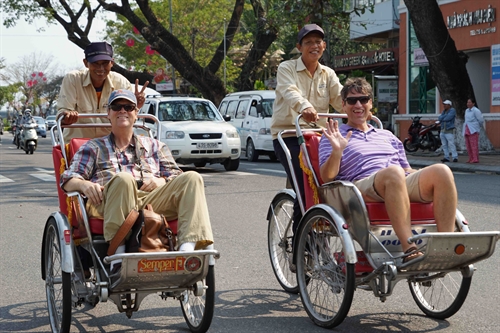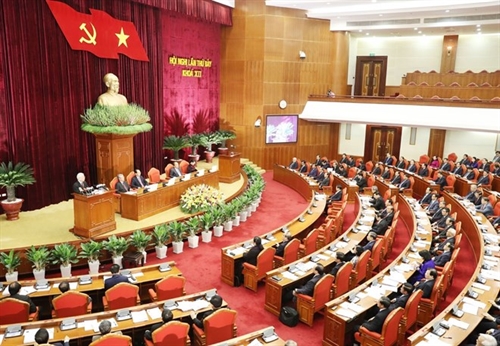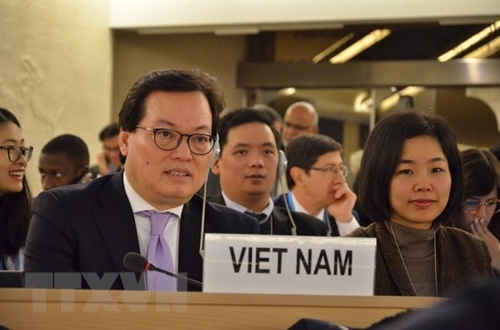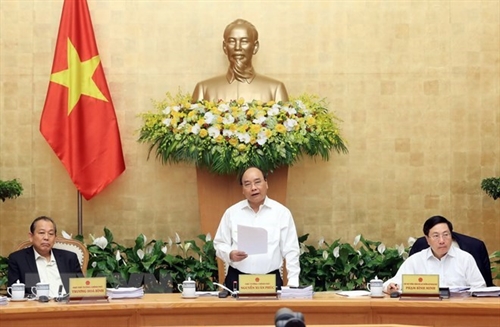The principle of presumption of innocence provided in the 2015 Criminal Procedure Code (the Code) concretizes Article 31.1 of the 2013 Constitution and is vital in guaranteeing the human rights and citizens’ rights in criminal proceedings.
 |
| Deputy Procurator General of the Supreme People’s Procuracy Tran Cong Phan__Photo: VLLF |
Such was remarked by Deputy Procurator General of the Supreme People’s Procuracy Tran Cong Phan during his opening speech in the seminar themed “Ensuring the principle of presumption of innocence in criminal proceedings”, which was co-hosted by the Supreme People’s Procuracy and the Embassies of Canada, New Zealand, Norway and Switzerland (G4) on May 31 in Hanoi.
It is now a must to be fully and effectively aware of and implement the principle of presumption of innocence in the actual practice of criminal proceedings, Phan added.
According to Lieutenant General Nguyen Ngoc Anh, Director of the Ministry of Public Security’s Department of Legislation and Administrative and Judicial Reforms, a person charged with a criminal offense must be presumed innocent until (1) he is proven guilty; (2) his criminal act has been identified in a legally effective court judgment of conviction; and (3) grounds for criminally charging or convicting a person are sufficient and clear. Without any of these factors, such a person must be declared innocent.
Apart from the principle of presumption of innocence, the Code, which came into force on January 1 this year, also contains several advanced and new principles of criminal proceedings in protecting human rights and citizens’ rights, including guaranteeing the right to defense of criminally charged persons and ensuring adversarial process at court hearings, said Hoang Anh Tuyen, Deputy Director of the Department of Legal Affairs and Research Management of the Supreme People’s Procuracy.
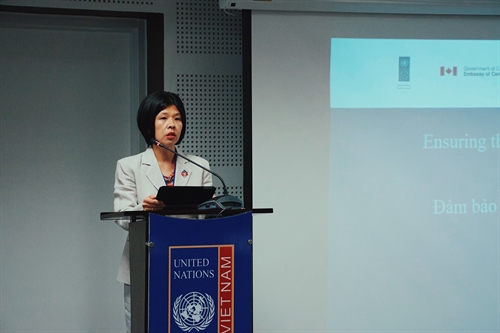 |
| G4 Chairwoman and Ambassador of Canada Ping Kitnikone__Photo: VLLF |
Speaking at the seminar, G4 Chairwoman and Ambassador of Canada Ping Kitnikone spoke highly of Vietnam’s efforts to raise the awareness of Vietnamese lawmakers in the principles of due process and presumption of innocence in the spirit of the Code. These principles have laid a foundation for justice and development of a prosperous society, leaving no offenses unpunished and not punishing innocent persons unjustly, contributing to the protection of justice, human rights and citizens’ rights.
The seminar participants have also discussed practical experience in ensuring justice in criminal proceedings, particularly the role of the court in ensuring due process and the presumption of innocence according to the Swiss Civil Procedure Code and Swiss practice.
The seminar has created a forum for local and international investigators, lawyers, prosecutors, judges and scholars to discuss measures to implement the new regulations of the Code and comply with the principle of justice in criminal proceedings, thereby increasing mutual understanding and contributing to international cooperation in legal fields between Vietnam and international organizations and foreign countries.- (VLLF)
